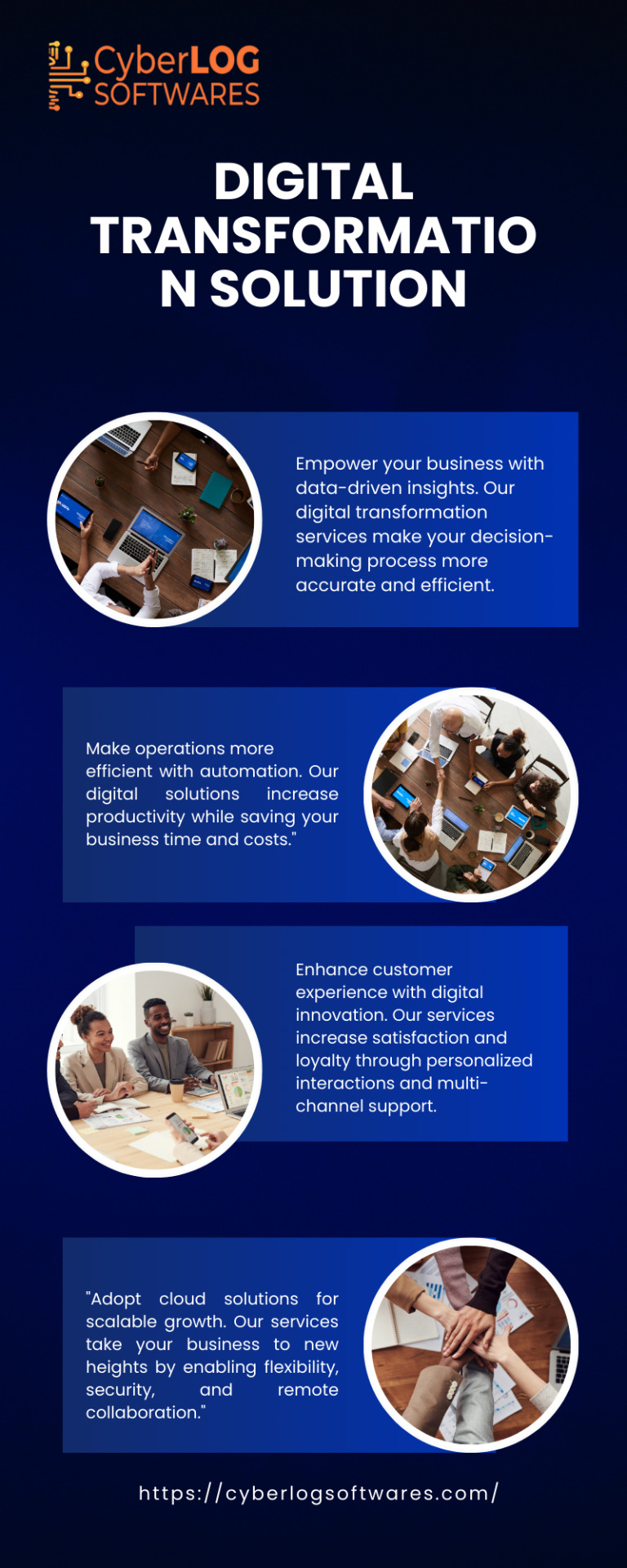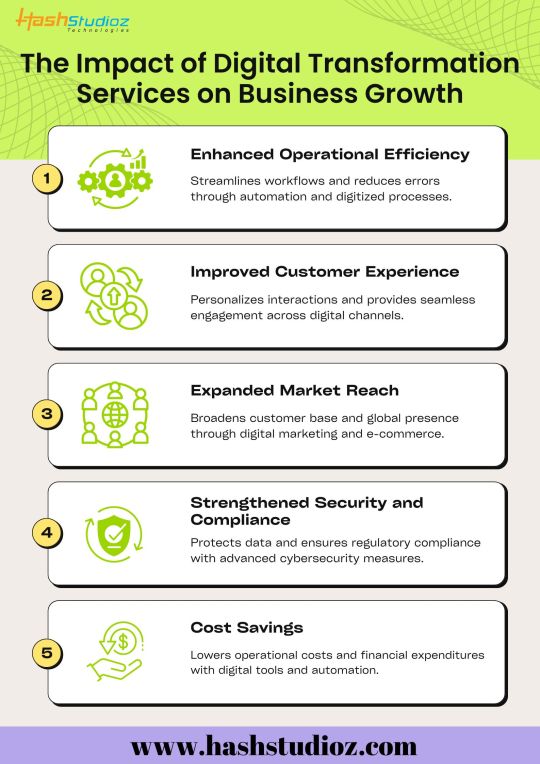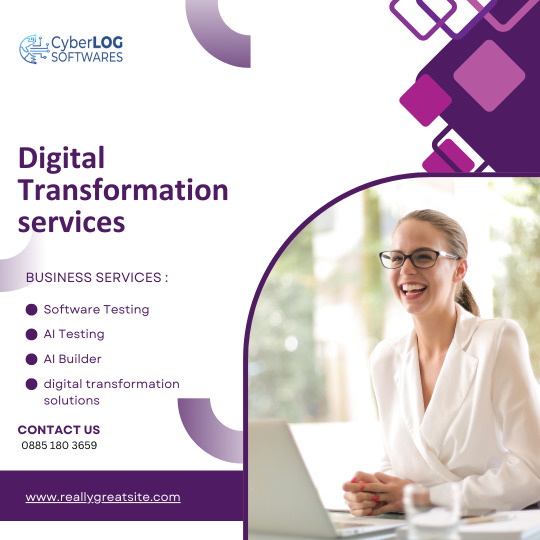#Digital Transformation Solution
Explore tagged Tumblr posts
Text
The Future of Finance: How Fintech Is Winning the Cybersecurity Race

In the cyber age, the financial world has been reshaped by fintech's relentless innovation. Mobile banking apps grant us access to our financial lives at our fingertips, and online investment platforms have revolutionised wealth management. Yet, beneath this veneer of convenience and accessibility lies an ominous spectre — the looming threat of cyberattacks on the financial sector. The number of cyberattacks is expected to increase by 50% in 2023. The global fintech market is expected to reach $324 billion by 2028, growing at a CAGR of 25.2% from 2023 to 2028. This growth of the fintech market makes it even more prone to cyber-attacks. To prevent this there are certain measures and innovations let's find out more about them
Cybersecurity Measures in Fintech
To mitigate the ever-present threat of cyberattacks, fintech companies employ a multifaceted approach to cybersecurity problems and solutions. Here are some key measures:
1. Encryption
Encrypting data at rest and in transit is fundamental to protecting sensitive information. Strong encryption algorithms ensure that even if a hacker gains access to data, it remains unreadable without the decryption keys.
2. Multi-Factor Authentication (MFA)
MFA adds an extra layer of security by requiring users to provide multiple forms of verification (e.g., passwords, fingerprints, or security tokens) before gaining access to their accounts.
3. Continuous Monitoring
Fintech companies employ advanced monitoring systems that constantly assess network traffic for suspicious activities. This allows for real-time threat detection and rapid response.
4. Penetration Testing
Regular penetration testing, performed by ethical hackers, helps identify vulnerabilities in systems and applications before malicious actors can exploit them.
5. Employee Training
Human error is a significant factor in cybersecurity breaches. Companies invest in cybersecurity training programs to educate employees about best practices and the risks associated with cyber threats.
6. Incident Response Plans
Having a well-defined incident response plan in place ensures that, in the event of a breach, the company can respond swiftly and effectively to mitigate the damage.
Emerging Technologies in Fintech Cybersecurity
As cyber threats continue to evolve, so do cybersecurity technologies in fintech. Here are some emerging technologies that are making a significant impact:
1. Artificial Intelligence (AI)
AI and machine learning algorithms are used to analyse vast amounts of data and identify patterns indicative of cyber threats. This allows for proactive threat detection and quicker response times.
2. Blockchain
Blockchain technology is employed to enhance the security and transparency of financial transactions. It ensures that transaction records are immutable and cannot be altered by malicious actors.
3. Biometrics
Fintech companies are increasingly adopting biometric authentication methods, such as facial recognition and fingerprint scanning, to provide a higher level of security than traditional passwords.
4. Quantum-Safe Encryption
With the advent of quantum computing, which poses a threat to current encryption methods, fintech companies are exploring quantum-safe encryption techniques to future-proof their security measures.
Conclusion
In the realm of fintech, where trust and security are paramount, the importance of cybersecurity cannot be overstated. Fintech companies must remain vigilant, employing a combination of advanced digital transformation solutions, employee training, and robust incident response plans to protect sensitive financial data from cyber threats. As the industry continues to evolve, staying one step ahead of cybercriminals will be an ongoing challenge, but one that fintech firms must embrace to ensure their continued success and the safety of their customers' financial well-being.
3 notes
·
View notes
Text
Kissflow Wins “Best Digital Transformation Solution” at Future Digitech Summit 2025
Kissflow has won the “Best Digital Transformation Solution” award at the Future Digitech Summit 2025 in Kuala Lumpur. The low-code platform was recognized for its innovation and impact in helping organizations streamline business processes. AVP Rakesh Nandakumar said the award highlights the company’s commitment to delivering agile, user-focused digital solutions. Southeast Asia remains a key…
0 notes
Text
#digital transformation and innovation#best digital transformation company in india#digital transformation solution#digital transformation strategy#digital transformation framework#digital transformation process#Digital transformation in business#best digital transformation#digital transformation solutions#digital transformation advisory services
0 notes
Text

Digital Transformation Solution
Digital Transformation Solutions in digital marketing help businesses harness data, automation, and personalized content to reach their ideal customers. By integrating advanced marketing strategies like search engine optimization (SEO), pay-per-click (PPC) advertising, social media marketing, content marketing, and email campaigns, companies can increase their visibility and connect with their audience more effectively.
0 notes
Text

Ready to grow your business? 🚀 Discover how Digital Transformation services are reshaping industries and driving innovation. Empower your company with the tools needed for success! 🌐
#BusinessGrowth#Innovation#Digital Transformation Services#Digital business transformation services#Digital transformation services and solutions#Digital Business Transformation#Digital transformation company#Digital transformation consulting#digital transformation solutions#enterprise digital transformation services#digital transformation solution#digital transformation services Company#digital transformation services india#digital transformation consulting provider#digital transformation consultants#digital transformation consulting firm India
0 notes
Text
Digital transformation provides digital technologies to small and large businesses from how businesses operate to deliver services to customers. With the help of digital transformation business can gain a deeper understanding of client needs, and offer more relevant goods and services by utilizing data analytics, artificial intelligence, and other technology.
0 notes
Text
Digital transformation is not about having a business website, app, or eCommerce store. It involves a cultural shift in how businesses are conducted. Developing a digital transformation strategy is the obvious step. Each step must be well-defined and documented in a digital transformation solution. AI and ML solutions possess great potential for businesses to cut costs, streamline business processes, enhance customer experiences, and improve ROI considerably.
0 notes
Text
Rejuvenating Your Business with Digital Transformation in 2024: 5 Strategies to Boost ROI
Navigating the ever-changing terrain of today's business world requires a sharp competitive edge for success. Digital transformation has risen as a key strategy for firms eager to excel in the digital age. More than just a passing trend, it symbolizes a pivotal shift for companies aiming to thrive in today’s marketplace. To gain a deeper insight into digital transformation, our blog provides a thorough exploration of this critical topic.
Deciphering Digital Transformation
Digital transformation is about fully embedding digital technology into every aspect of a business. This goes beyond simple website updates or new software implementations; it’s a deep-rooted cultural change. It drives organizations to rethink traditional approaches, encourage innovation, and embrace potential setbacks.
The journey of digital transformation can seem intimidating, but its broad adoption is well-justified. It empowers businesses to reinvent themselves, boost operational efficiency, and promote growth. A key component in this process is the expert assistance provided by digital transformation consulting services.
Now, let's delve into how effective use of digital transformation services and consulting can greatly enhance your Return on Investment (ROI) by 2024.

1. Enhancing Customer Engagement
At the core of every digital transformation initiative, especially in regions like India and globally, is the aim to improve customer experiences. Imagine leveraging AI, machine learning, and in-depth data analytics to tailor interactions for every customer. This strategy goes beyond mere satisfaction; it builds loyalty, encourages repeat business, and fosters positive recommendations, ultimately heightening your ROI.
2. Amplifying Operational Efficiency for Optimal Performance
Digital transformation offers significant improvements in operational efficiency. By automating everyday tasks, integrating advanced ERP systems, and adopting cloud computing, businesses can achieve remarkable efficiency. This reduces costs and allows staff to concentrate on strategic projects that increase revenue. It’s the perfect time to overhaul your operations for the better.
3. Acquiring a Competitive Edge through Data Insights
Utilizing digital transformation consulting is vital for transitioning to a data-focused future. With cutting-edge digital transformation services, companies access top-notch analytics tools and detailed reporting, gaining valuable insights. These insights are crucial for cutting costs, enhancing marketing tactics, and advancing product development, thus leading to enhanced ROI. Harness the power of data for wiser decision-making and guide your business toward triumph.
4. Exploring New Digital Markets and Revenue Avenues
Digital transformation unlocks new digital markets and revenue possibilities. Through channels like e-commerce, mobile applications, or social commerce, firms can uncover new paths for growth. This is particularly relevant in industries in India, where digital transformation is rapidly gaining traction. Seizing these opportunities offers great potential for business expansion and increased profits. Embark on your digital transformation journey today and unlock a world of growth opportunities.
5. Bolstering Security for a Protected Digital Landscape
The importance of security and compliance is critical, as neglecting them can lead to significant financial and reputational harm. Digital transformation enhances your security framework with sophisticated solutions like firewalls, encryption, and multi-factor authentication, diminishing the risk of data breaches and securing your data.
Conclusion
The impact of digital transformation on ROI is profound and clear. As we move towards 2024 and beyond, the importance of digital transformation services and consulting continues to be integral for businesses striving to innovate, expand, and excel in the digital world. Adopting digital transformation is vital for any company pursuing long-term success in the digital marketplace. Join the digital transformation wave today and secure your future in the business world.
#Digital Transformation#digital transformation services#digital transformation consulting#digital transformation solution
0 notes
Text
Career Counseling Services for Veterans - Sharp Decisions, Inc.
Sharp Decisions, Inc.'s Career Counseling Services for Veterans can help you succeed in your post-military career. Our dedicated team at Sharp Decisions understands the unique challenges faced by veterans transitioning to civilian careers. With a deep commitment to supporting those who have served, we provide comprehensive career counseling services tailored to the specific needs and aspirations of veterans. Benefit from personalized guidance, skills assessment, and strategic career planning as you embark on a new professional chapter. At Sharp Decisions, Inc., we honor your service and are dedicated to helping you achieve success in the civilian workforce.

#Digital Transformation Solution#Enterprise Digital Transformation Solutions#Personalized Portfolio Advisory Services
0 notes
Text

Hospital & Healthcare Journals highlight how EMR solutions drive value through change management, real-time insights, and staff adoption for better care.
#EMR solutions#electronic medical records#healthcare digital transformation#change management in healthcare#real-time healthcare insights#hospital EMR adoption#clinical workflow optimization#staff adoption EMR#healthcare IT systems#hospital technology innovation#patient care improvement#EMR implementation strategies#healthcare data management#digital health solutions#hospital and healthcare journals
3 notes
·
View notes
Text
At AQe Digital, we leverage cutting-edge technologies and our 27+ years of extensive experience to deliver goal-oriented digital solutions tailored to industry-specific needs.
✅ 650+ highly skilled professionals driving innovation and excellence.
✅ Industry-focused solutions designed for maximum impact.
✅ Quick collaboration, agile development, and reliable support for seamless execution.
#Digital Product Engineering#Digital Transformation#Enterprise Solutions#Next-gen Tech#Cloud-based ERP solutions#Custom Product Development#Online Retail Solutions#Apps & Integrations
2 notes
·
View notes
Text
The Impact of Chemical Industry on Plastic Manufacturing in the Era of Digital Transformation
0 notes
Text
#digital transformation companies in india#digital transformation agencies#Digital transformation in business#best digital transformation#digital transformation solution#digital transformation solutions in india
0 notes
Text

Digital Transformation services
Digital transformation services are complete solutions that help businesses leverage digital technologies to improve their operations, enhance customer experience, and drive growth. Your digital marketing services within digital transformation can include strategies to build an online presence, enhance brand recognition, and increase customer engagement through channels like SEO, social media marketing, content creation, and data analytics. By integrating these services, businesses can adapt to the changing digital environment, reach their target customers more effectively, and gain a competitive edge in the market.
#Digital Transformation services#digital transformation#digital transformation solution#digital transformation software
0 notes
Text

Boost your business with the right digital transformation services! Our ultimate checklist helps you choose the perfect partner, focusing on expertise, scalability, and more. Don’t miss out on achieving your goals. 🚀💼
#Digital Transformation Services#Digital business transformation services#Digital transformation services and solutions#Digital Business Transformation#Digital transformation company#Digital transformation consulting#digital transformation solutions#enterprise digital transformation services#digital transformation solution#digital transformation services Company#digital transformation services india#digital transformation consulting provider#digital transformation consultants#digital transformation consulting firm India
0 notes
Text
Digital transformation refers to the process of integration of digital technologies into various aspects of operations & modules of an organization. Digital transformation companies provide Data analytics, cybersecurity, IT consulting, digital marketing, and custom software development.
0 notes